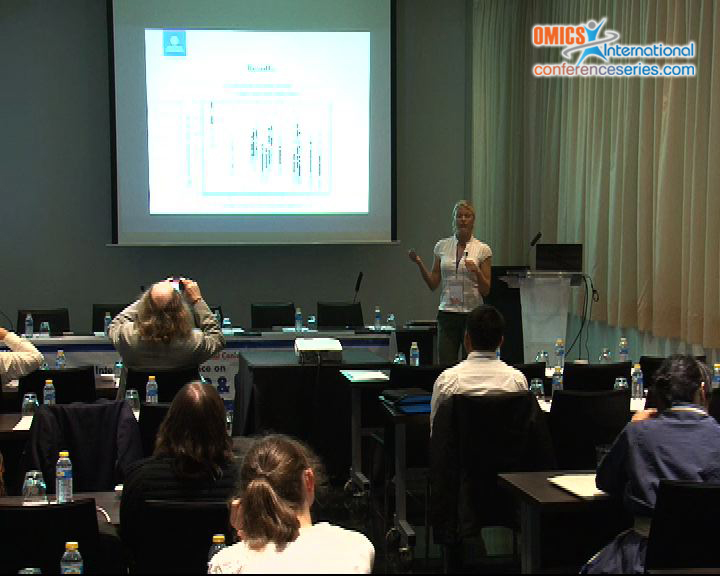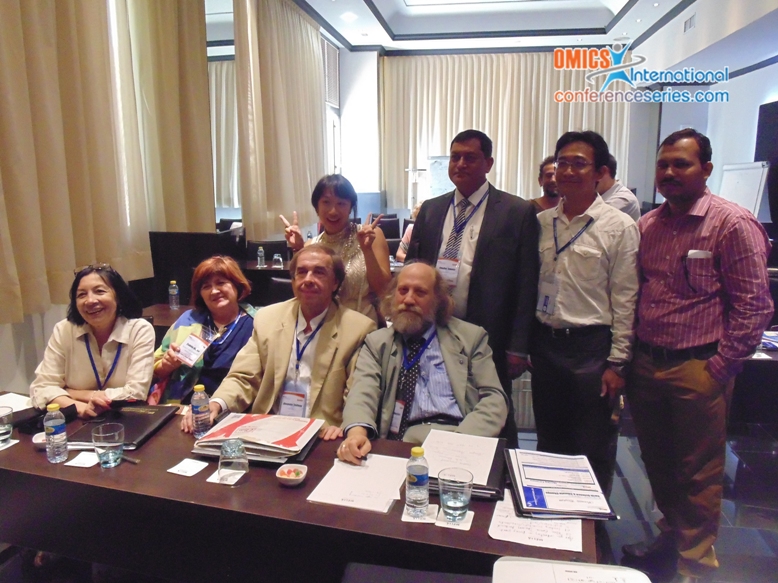
Gabriella Ljungstrom
University of Gothenburg, Sweden
Title: Sand lizard phenology in a warming world-positive fitness effects of climate change through phenotypic plasticity and genetic evolution
Biography
Biography: Gabriella Ljungstrom
Abstract
Today, the majority of decisions on management and conservation of species and populations under climate change are based on model simulations, projecting shifts in ranges and abundances, extinction risks, and sustainable rates of change. Although highly important for local adaptation, phenotypic plasticity and evolutionary potential in key limiting traits have only recently been incorporated into modelling frameworks. However, the data needed to run such models; estimates of heritable variation and selection intensities from wild populations, are scarce. In this study we use a large 15-year dataset on an ectotherm model, the Swedish sand lizard (Lacerta agilis), to investigate how inter-annual temperature variation affects oviposition date in a high latitude reptile, a trait strongly linked to offspring fitness and survival. With an interest in short- (phenotypic plasticity) and potential long-term (micro-evolution) consequences of climate change, we applied a quantitative genetic model, yielding estimates of population plasticity and among-individual variation in the average, as well as the plastic, response to temperature. The analyses revealed both population-level plasticity and individual-level variation, along with selection acting on the trait, suggesting that climate warming is likely to have positive fitness effects in this population over short and longer time scales. These findings contrast the predicted global wide extinction risk of lizards under climate change, based on physiological models. Hence, our study highlights the importance of accounting for plasticity and evolutionary potential in key limiting traits when projecting future climatic impacts on species and populations, and provides parameter estimates for the development of more sophisticated models.



